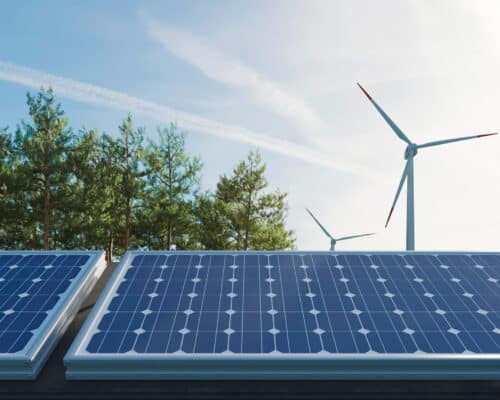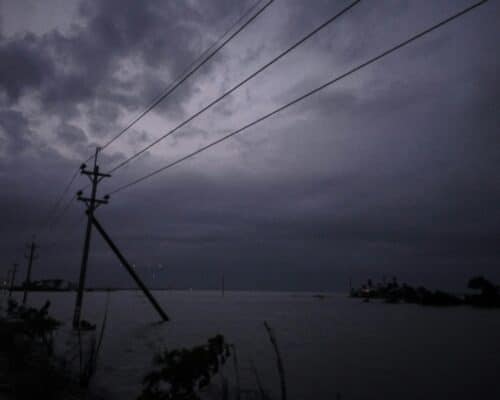Articles

Laos’ Net-zero 2050: Renewable Power Generation Challenges and Opportunities
ASEAN member Laos has plans to increase renewable energy in its power mix, notably solar power buildout. However, it continues to rely on hydropower and coal-fired power plants to generate electricity, complicating both its way forward and decarbonisation plans.

Japan’s Overseas Oil and Gas Financing Threatens the Global Energy Transition
A new report by the South Korea-based think tank Solutions for Our Climate (SFOC), “Billions Off Course: Japan’s Oil and Gas Financing Fueling the Climate Crisis,” provides a detailed look at Japan's persistent overseas oil and gas financing.

Green Steel: Powering The Low-carbon Economy
Green steel is produced without fossil fuels and has significantly lower emissions than traditional steel. The IEA sees green steel development as a critical step in global decarbonisation and for companies that rely on steel throughout their supply chains.
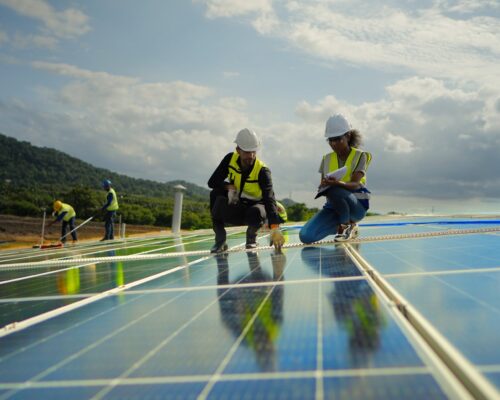
Top 10 Biggest Renewable Energy Companies
The world's top renewable energy companies are critical to global decarbonisation efforts. They range from specialised manufacturers to full value chain operations that are subsidiaries of the world's largest energy producers.

Top 7 Renewable Energy Innovations: Pioneering the Future
Renewable energy innovation is crucial for reaching net-zero emissions by 2050, particularly in hard-to-decarbonise sectors like heavy industry. Promising advancements, from floating offshore wind farms to green hydrogen production, are expected to significantly expand renewable energy capacity and contribute to these climate goals.

Steel Decarbonisation: A Pathway To Development
Decarbonising the steel industry is necessary for global climate goals and hinges on scaling up low-emissions production technologies, like renewable energy-powered EAFs and green hydrogen. An improved policy framework and industry support are critical for this shift.
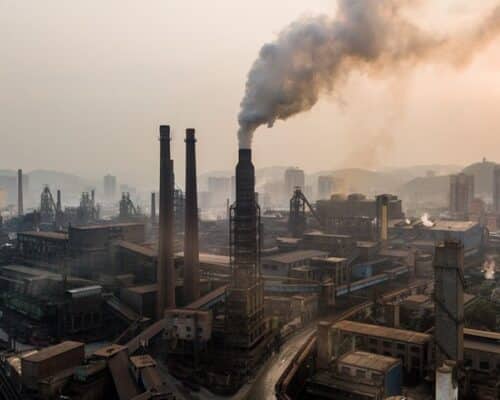
The Carbon Footprint of Steel: Decarbonisation Is Critical
The steel industry contributes nearly 8% of global CO2 emissions, making it crucial to decarbonise to achieve global climate goals. Adopting an array of strategies from use of electric arc furnaces to green hydrogen are key strategies to lower the industry's carbon footprint.
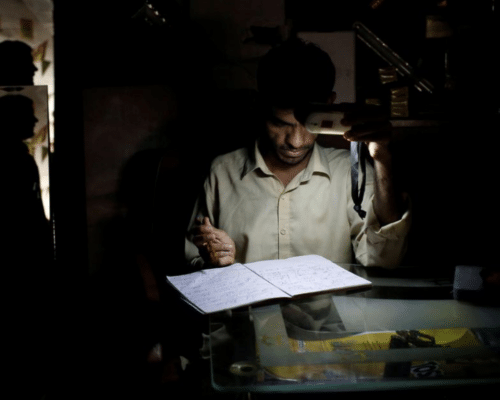
Pakistan’s Energy Crisis and Its Causes – Podcast
Energy Insights speaks with Dr Abdul Waheed Bhutto about Pakistan's ongoing energy crisis and its potential solutions.
Renewable Energy Projects for Students: Empowering Tomorrow
Renewable energy projects are crucial for cultivating future leaders in the global energy transition. These projects play a vital role in developing the skills and expertise needed for sustainable energy solutions in the future.
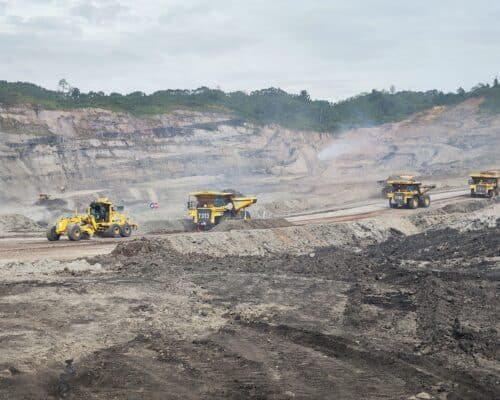
Jokowi’s Decade in Review: Indonesia’s Energy Transition in Regress [Op-Ed]
During President Joko Widodo's leadership from 2014 to 2024, Indonesia has not yet passed any specific statutory regulations governing the energy transition. Sartika Nur Shalati from Yayasan Indonesia CERAH shares her views on President Jokowi's energy sector policies hindering the growth and development of Indonesia’s renewable energy sector.

Solar 53% Cheaper than Fossil Fuels in Malaysia
Malaysia has solid renewable energy market fundamentals and, according to the IEA, hosts low investment risks for project investors. The country is just a step away from unlocking the advantages of the clean energy transition but the government needs policy reforms and more ambitious climate goals.
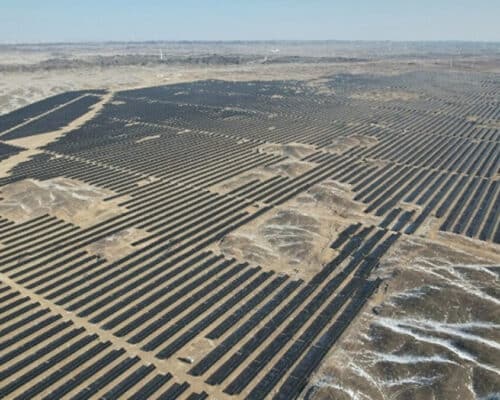
Renewable Energy Projects: Powering a Sustainable Future
Renewable energy projects are core to achieving the ambitious goals set by the Paris Climate Agreement. As countries strive for net-zero emissions, these large-scale initiatives are transforming the energy landscape, overcoming significant challenges to pave the way for a more sustainable and carbon-free future.

The Challenges of Financing Renewable Energy Projects in the Philippines
The Philippines has made progress in developing more renewable energy projects for its power sector. However, domestic banks need to streamline the process to bring more projects online and level the playing field between projects backed by politically connected corporate interests and smaller investors without the advantages of political and corporate backing.
Most Popular
Most Popular
Categories
-
10
-
34
-
126
-
4
-
17
-
46
-
52
-
11
-
10
-
15
-
24
-
6
-
1
-
5
-
6
-
281
-
200
-
17
-
24
-
1
-
1
-
23
-
41
-
44
-
87
-
18
-
86
-
41
-
17
-
11
-
43
-
54
-
86
-
298
-
22
-
44
-
36
-
10
-
42
-
36

